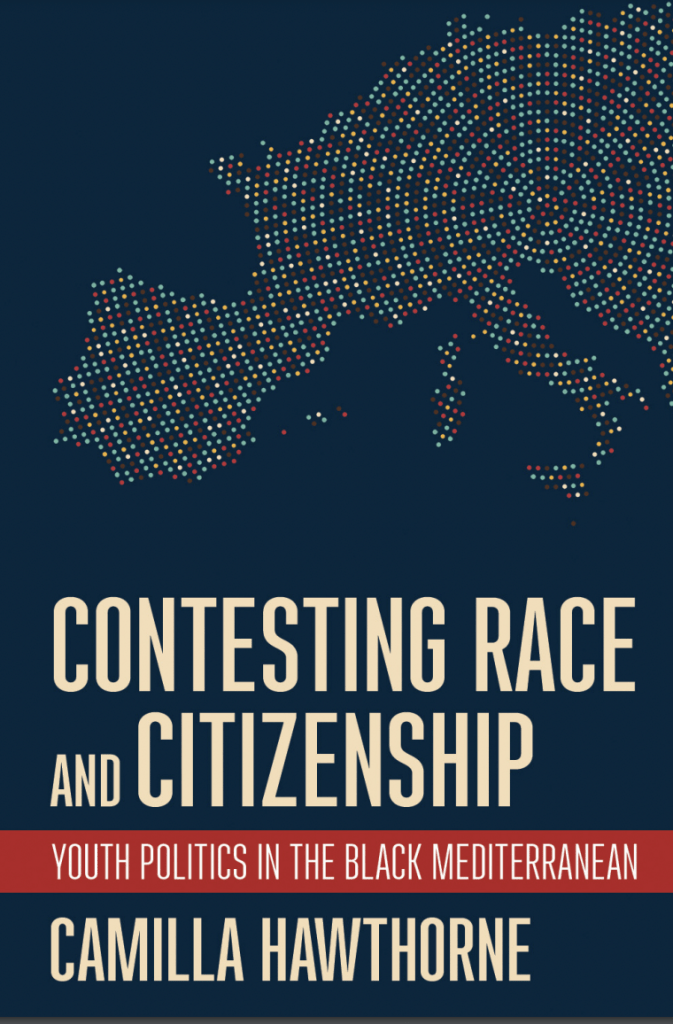Wednesday, December 06 2023
12:00-1:00 PM
Graduate Student Commons Fireside Lounge + Zoom (Registration)
Join us for an Informational Meeting on our internationally recognized interdisciplinary Graduate Training and Certificate Program.
Our Science & Justice Training Program (SJTP) is a globally unique initiative that trains doctoral students to work across the disciplinary boundaries of the natural and social sciences, engineering, humanities and the arts. Through the SJTP we at UC Santa Cruz currently teach new generations of PhD students the skills of interdisciplinary collaboration, ethical deliberation, and public communication. Students in the program design collaborative research projects oriented around questions of science and justice. These research projects not only contribute to positive outcomes in the wider world, they also become the templates for new forms of problem-based and collaborative inquiry within and beyond the university.
As SJTP students graduate they take the skills and experience they gained in the training program into the next stage of their career in universities, industry, non-profits, and government.
Opportunities include graduate Certificate Program, experience organizing and hosting colloquia series about the research projects, mentorship, potential for additional research funding and training in conducting interdisciplinary research at the intersections of science and society.
WINTER 2024 COURSE:
Science & Justice: Experiments in Collaboration (SOCY/BME/CRES/FMST 268A), Assist. Prof. Kriti Sharma, scheduled Monday’s 2:30-5:30 pm, Rachel Carson College, 301. Enrollment in the course is required for participating in the Training Program. Attending the informational meeting is strongly encouraged, but not required.
Students from all disciplines are encouraged to attend. Prior graduate fellows have come from every campus Division. 22 Represented Departments: Anthropology, Biomolecular Engineering, Digital Arts & New Media, Earth and Planetary Sciences, Ecology and Evolutionary Biology, Education, Engineering, Environmental Studies, Feminist Studies, Film & Digital Media, History, History of Consciousness, Latin American & Latino Studies, Literature, Math, Philosophy, Physics, Politics, Psychology, Social Documentation, Sociology, and Visual Studies.
Past collaborative research projects have included:
- Physicists working with small scale farmers to develop solar greenhouses scaled to local farming needs.
- Colloquia about the social and political consequences of scientific uncertainties surrounding topics such as climate change research, food studies, genomics and identity.
- Examining how art can empower justice movements.
- Working with local publics to improve African fishery science.
For more information on the Science & Justice Training Program, visit: https://scijust.ucsc.edu/about-sjrc/sjtp/.
Join the SJRC at the October 11th Meet & Greet from 4:00-6:00!

